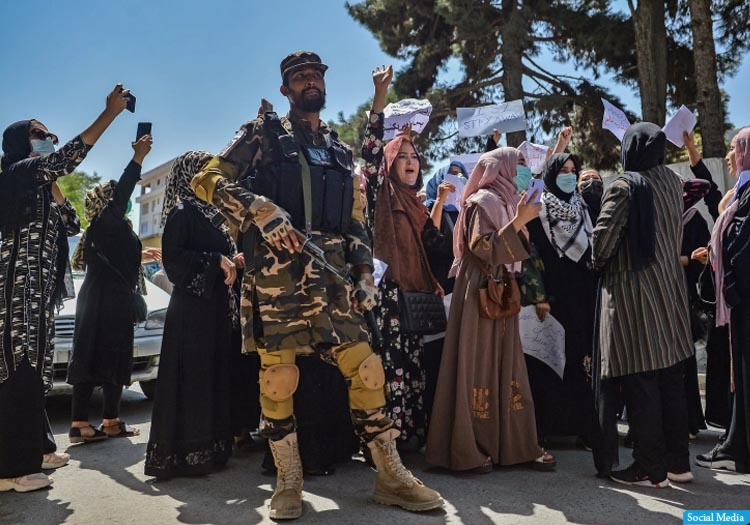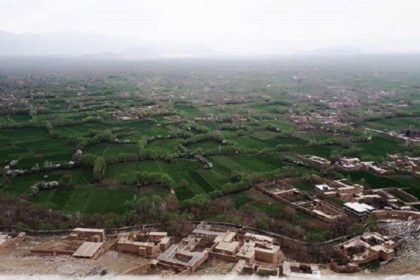RASC News Agency: November 25, observed as the International Day for the Elimination of Violence Against Women, serves as a stark reminder of the unrelenting struggles faced by Afghanistani women. For decades, they have endured systemic political, social, and domestic abuses rooted in entrenched cultural norms and societal stereotypes. Disturbingly, these issues have not only persisted but have intensified under the Taliban’s repressive regime. Domestic violence and forced marriages two of the most widespread forms of oppression in Afghanistan have seen a sharp rise since the Taliban’s return to power. Forced and underage marriages, often culminating in separation or divorce, are now compounded by the Taliban’s prohibition of divorce for women. Those who seek separation face severe humiliation and retaliation.
Women from provinces such as Kabul, Baghlan, and Badakhshan recount harrowing experiences of attempting to escape abusive marriages. Their pleas are dismissed by local clerics, redirected to the Taliban, and met with accusations of insubordination. The Taliban’s decrees mandate absolute obedience to husbands, with disobedience punished by physical violence. In a particularly egregious violation of human rights, some women report being subjected to sexual demands by Taliban officials in exchange for approving their divorces. These allegations further underscore the pervasive abuse and lack of accountability under the current regime.
Women’s rights activists emphasize the dire reality that countless women are now compelled to endure relentless domestic violence in silence, as there are no institutions or authorities willing or able to advocate for their safety. Fear of Taliban retribution has created a culture of enforced silence, leaving women without recourse. Under Taliban rule, Afghanistani women have been systematically stripped of their fundamental rights and subjected to a regime of institutionalized violence. With no official mechanisms or organizations available to support or protect them, Afghanistani women remain trapped in a cycle of oppression, isolated from the global calls for justice and equality.






